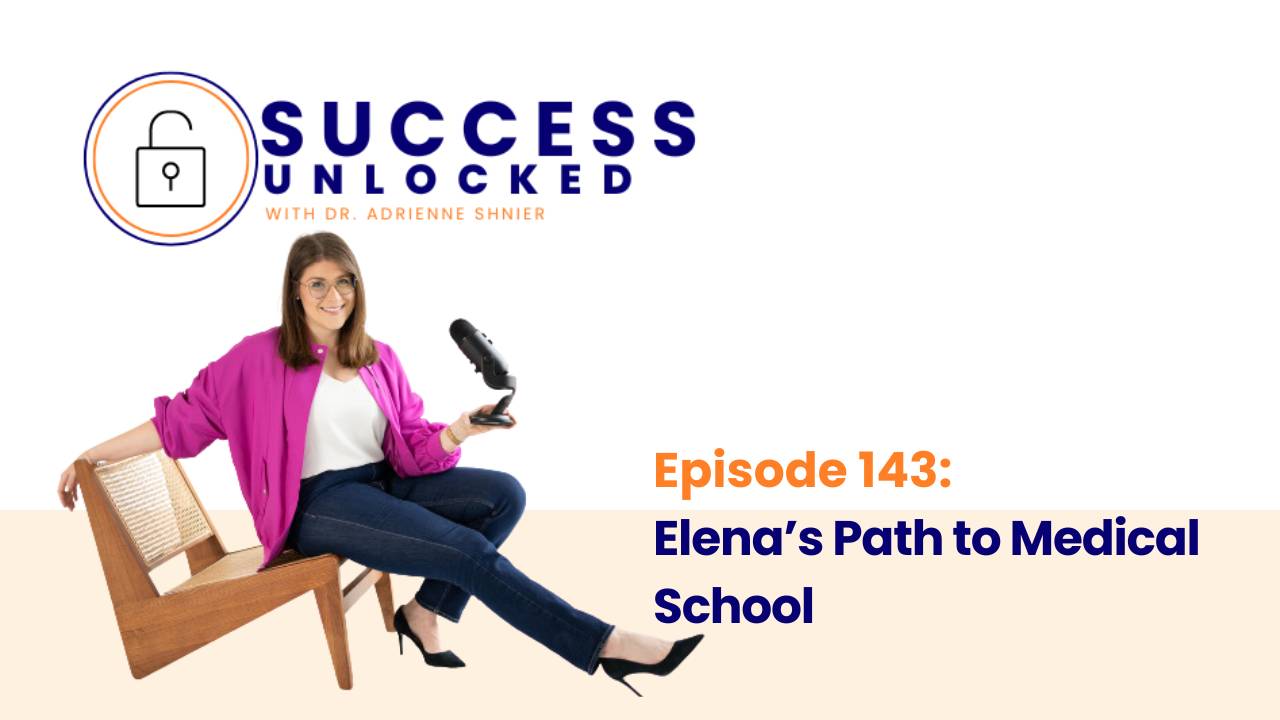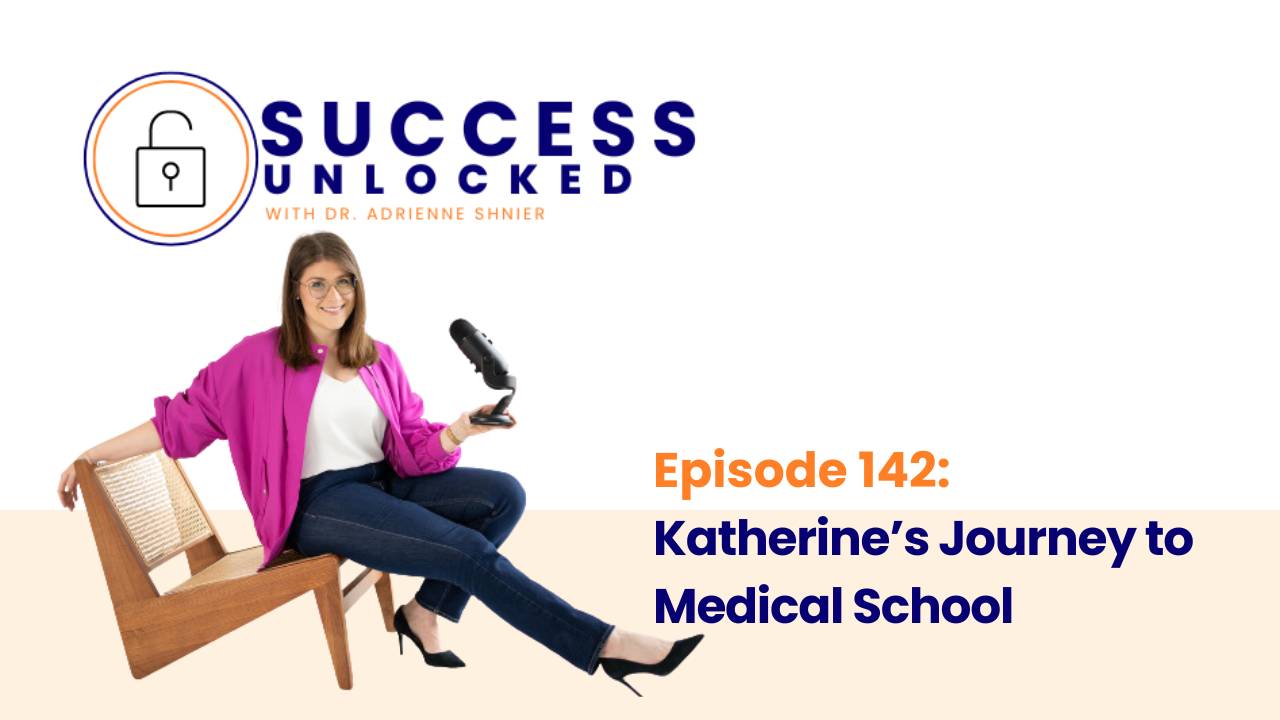Create a Future You LOVE
GET STARTED
Whether it's getting into your dream program, advancing in your career, or excelling in leadership within your own business - we've got you covered!

FREE MASTERCLASS
Admissions Unlocked: How to Get Into Your Dream Program
One Click to a Stress Free Application.
In Our Free Masterclass with Dr. Adrienne Shnier get:
- Instant access to our 5 unique tips to help you craft an admissions application that will stand out
- Client success stories from students that started exactly where you are right now
- PLUS Bonus Pro Tips from our team of Admissions Specialists.
SUCCESS UNLOCKED WITH DR ADRIENNE SHNIER
Ensure Your Continued Advancement
NEW EPISODES EVERY TUESDAY!

THE ADMISSIONS INSIDER
Subscribe & Stay Connected
You're safe with me. I'll never spam you or sell your contact info.



